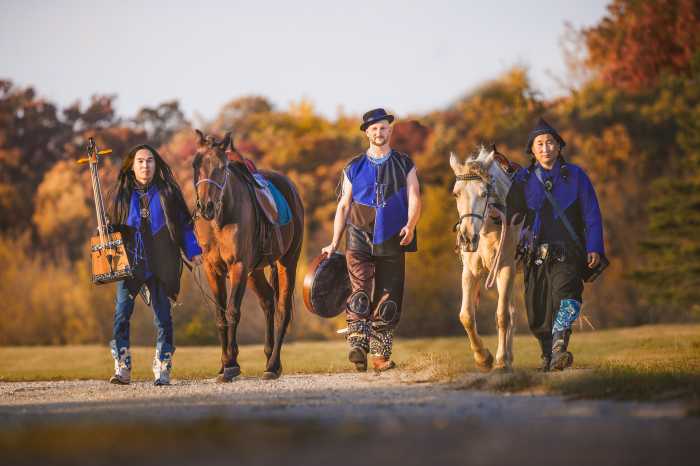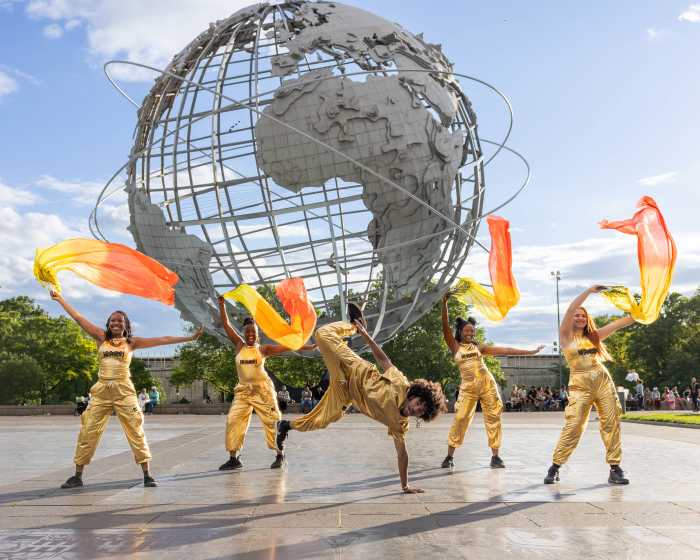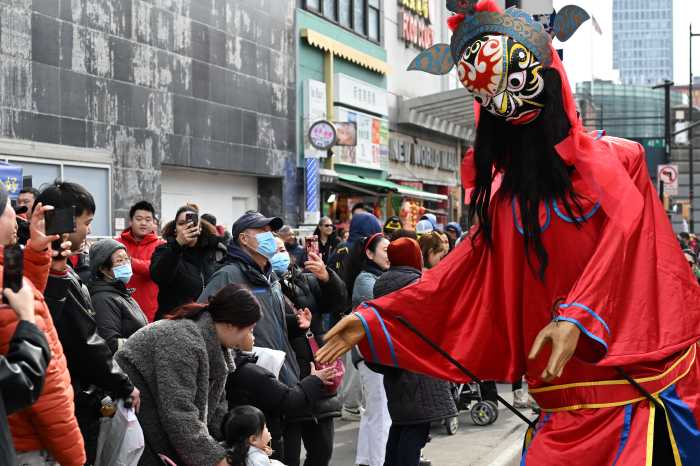By Graciano Clause
York College’s journalism program welcomed 2014 graduate Bimina Ranjit and her award-winning Nepal documentary.
Ranjit, a Nepal-born journalist, presented the documentary “Reviving Nepal Bhasa” alongside producer Sam Shakya, also from Nepal, last week in Room 2A04.
The 30-minute documentary is a story about the impact of an indigenous group of people from Nepal called Newars. The Newar people are the original settlers of Kathmandu Valley. Many of the ancient wonders like the art and architecture seen in the documentary were contributed by them. In present times the Newar culture and language are slowly vanishing, however. Nepal also suffered from a catastrophic earthquake in April 2015, which destroyed many of its cultural treasures. In hopes of preserving the Newar culture, “Reviving Nepal Bhasa” raises awareness about all languages and cultures around the world.
As immigrants, Shakya and Ranjit collaborated with a sense of identity crisis about their homeland. Ranjit, who graduated from York two years ago, could have followed a journalism-related path here in America, but she did not.
“I told myself I’m going to graduate with my degree here at York in journalism, but I wasn’t familiar with the New York City area, so I said I’m going to build a branch for myself,” said Ranjit.
She did just that when she and Shakya decided to make an example of Newar culture by spreading the message about its near extinction due to globalization. There are 473 indigenous languages around the world that are identified as endangered, according to The United Nations Educational, Scientific and Cultural Organization. When Shakya and Ranjit were working on producing footage and finding a specific narrative for the film, they said it was difficult because there were languages that they could not translate.
The two managed to finance the project out of their own pockets, which included travel expenses, equipment rentals, editing and production expenses. Even though it was quite a struggle for them, they said that was not the biggest obstacle.
“Balancing the history was difficult because Nepal is politically unstable and you don’t want to give out the wrong message because you covered a certain aspect of Nepal and not the rest,” said Shakya.
The film tracked the impact of modernization and globalization, saving an intangible tradition for the youth that is starting to become out of reach.
“You’ll see that the young generation now are so good in English because of the urban foreign culture, which has really influenced them to be cool like Americans with the latest trend whether it be hip-hop or something else,” Ranjit said.
Ranjit said English has become the trend, Nepali is spoken less, and Nepal Bhasa is barely spoken at all. Newars speak Nepal Bhasa, which is a different language than that of the rest of the national language of Nepali.
Not only did Shakya and Ranjit travel Kathmandu valley, but they also visited Newar communities in Oregon and New York. They do not plan to stop spreading awareness after this project, as they plan to produce more series to help inform the world about the consequences of losing a language.
































